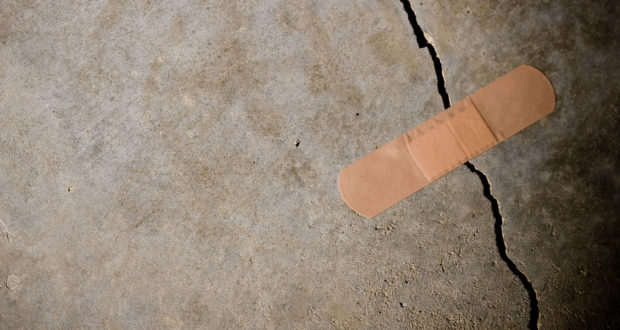Nearly a month on from the release of the final report from the aged care royal commission we are still largely in the dark on how the government might seek to change the sector going forward.
Professor Jo Ibrahim, the Head of the Health Law and Ageing Research Unit at Department of Forensic Medicine, Monash University, joins Aged Care Insite to look at the report.
We discuss a potential new aged care act, the two systems of governance proposed in the report and whether the health department deserves a second chance or not.
Do you have an idea for a story?Email [email protected]
 Aged Care Insite Australia's number one aged care news source
Aged Care Insite Australia's number one aged care news source


I have never had much faith in Royal Commissions and are very much a waste of money that would be better spent on fixing the problems that everyone in the business ghas been aware of for years.
We know that towards the end of our time that we will not have a lot of things to look forward to, hopefully most have experienced many of these “things”.
One of the main things though is a good meal, someone to assist us in being clean and if needs be a look in for a chat and a hand to get around in the home and to appointments (mainly to do with health issues).
Nutrition has been poorly rated by the commission with only a Day or so out of 800 Plus spent on Nutrition, although many complaints were about nutrition.
While I dispute the $6.90 or whatever number they have come up with for Food cost per resident day (not sure these people have much experience), the amount and quality of nutrition related services is average at Best.
The money spent on the Royal commission would have been better spent of sending out teams of “Experience” to assist Nursing homes in bringing quality levels up in the short term. A significant emphasis should be on training and employment (employing the right people for the right job with a commitment to this caring Industry.
The cost of complexities introduced into the likes of food services now take up a significant proportion of the actual food cost since I started in 1970.
Could we please now, and in the future incorporate more people working at the coal face in the decision making process which I believe will not only improve time lines for improving quality but help the Professionals better understand the Industry for the better care of our older persons in care.
I have worked in aged care for over 40 years and I have never been asked for my opinion on what is wrong with it. I have worked as a nurse on the floor, an administrator and have found that layer upon layer of red tape is piled onto the sector, on the one hand it is supposed to be a ” home ” for the elderly. As it is supposed to be a home, then why do they want us to manage it like a sub acute medical ward of a hospital, using PCAs as slave labour instead of nurses but doing essentially the same job for half the money. As I have mostly worked in not for profit sector, I find it is not viable any more, under the current funding to do what is expected and what is right for all and break even. It is hard, demanding and the media portray the homes as dreadful with uncaring staff. Some bright spark thought we could look after anyone elderly, even those who are abusive and violent. These PCAs should not be in the danger they are constantly and the department has the “security of tenure” card to stop these people from being discharged into more suitable accommodation. Why not let the states have it and tack it onto health. Unless you are very creative, it is very hard to break even, let alone make a profit these days.
That’s a pretty real comment, they want Homes but demand hospital outcomes, so true.
ACATs are now minimal and provide next to no information and unless we take up yet more time going to the hospital to do a real assessment we can easily end up with a violent resident that has all the protection of security of tenure while a 100 other residents and staff are left unprotected. The charter of residents rights and responsibilities should never have been changed.